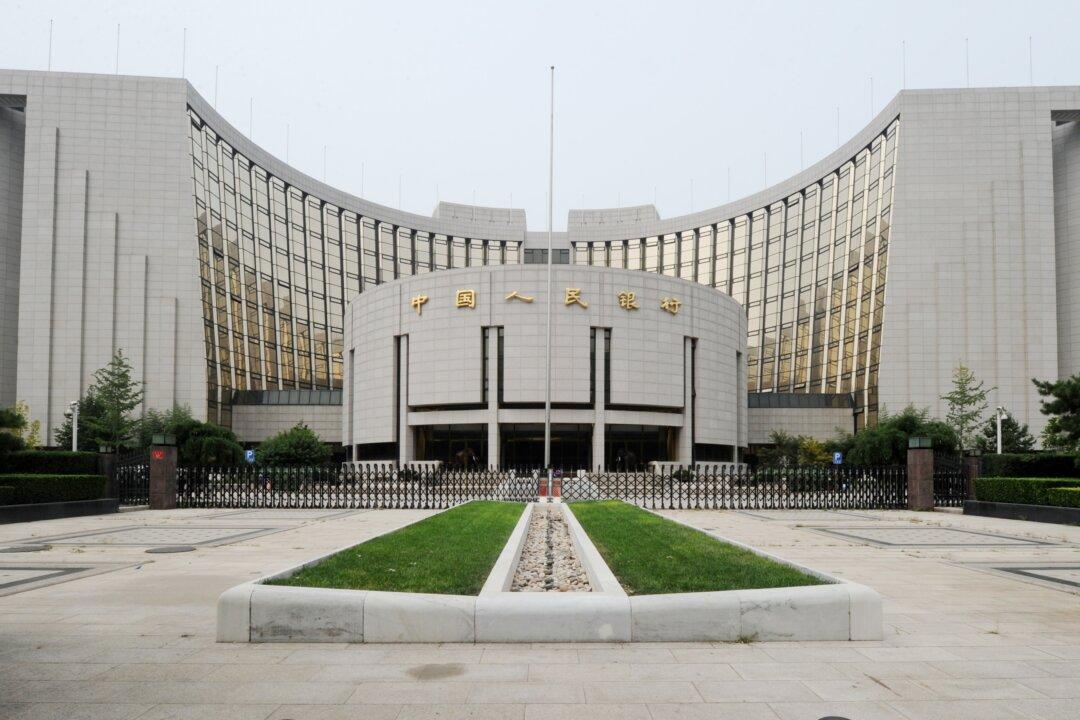SHANGHAI—China cut its benchmark reference rate for mortgages by an unexpectedly wide margin on Friday, its second reduction this year.
The country’s economy took a hit after the Chinese regime imposed extreme COVID-19 restrictions, causing huge disruptions to activity.





